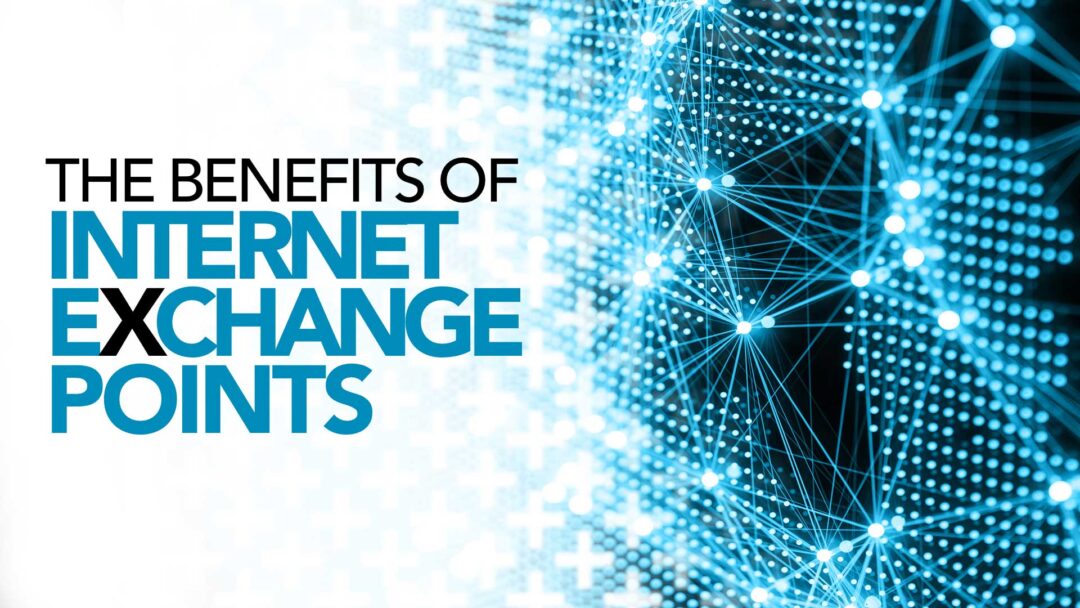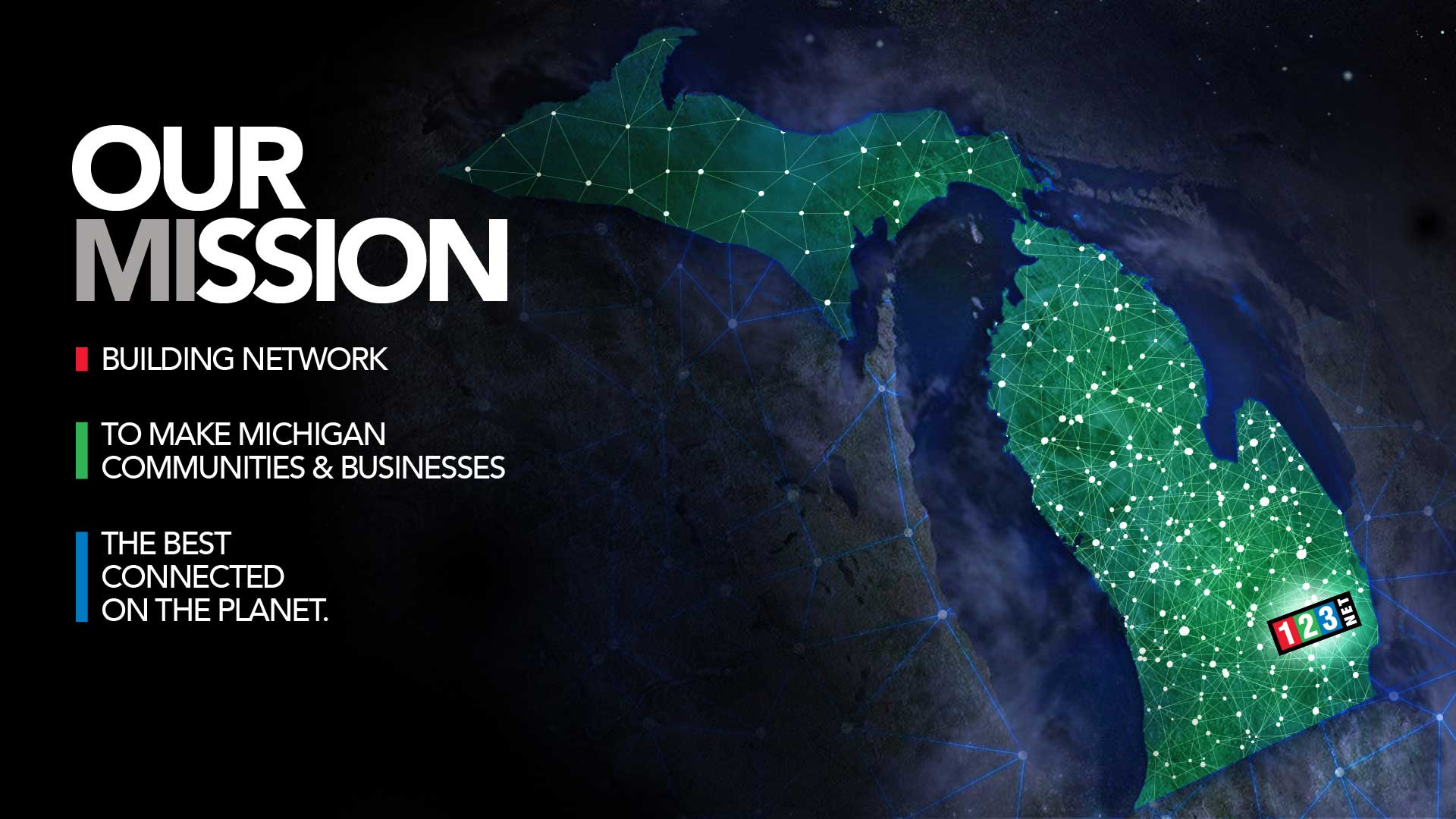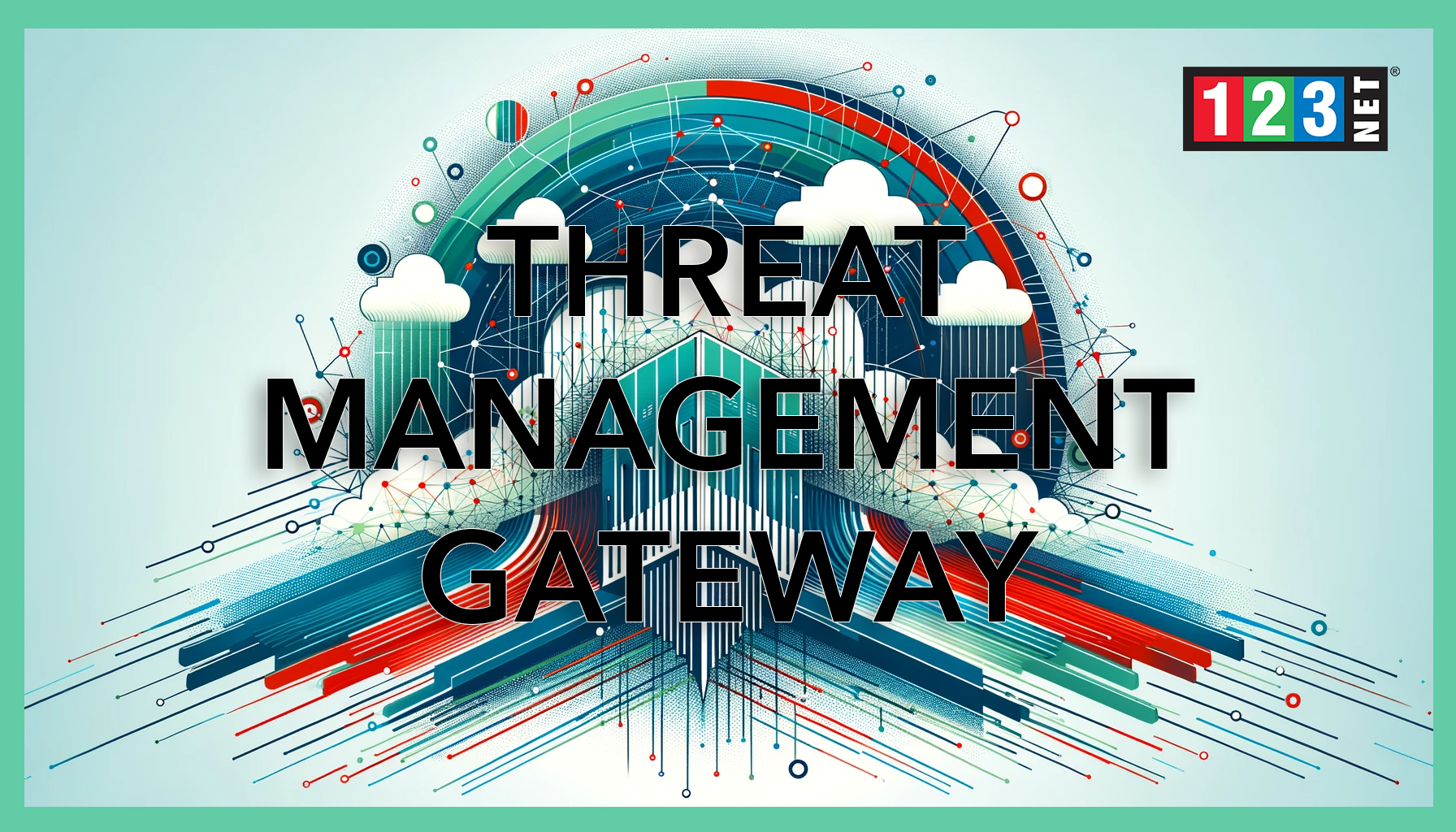
An Internet Exchange Point (IXP) acts as a virtual intersection where multiple networks interconnect and bilaterally exchange traffic, known as peering. Instead of going through an Internet Service Provider (ISP) to access a website, organizations and businesses have a direct connection without going through the middleman.
At times, an IXP is similar to a metro airport with the internet having regionally located hubs that assist with the delivery of data and information. The Detroit Metro Airport (DTW) serves as a hub for traveling passengers while the Detroit Internet Exchange (DET-iX) acts as a crucial hub for delivering information and data. Instead of airline companies centrally gathering at airports to exchange passengers, ISPs peer together at IXPs to transfer mass amounts of data.
IXPs boast many benefits to members and those associated with them such as:
1. REDUCING COSTS
Normally, traffic is exchanged freely between members of an internet exchange. By having direct interconnection, traffic stays local, instead of routing from one service provider to another. Thus, reducing latency and costs via an ISP’s upstream provider. Depending on overall traffic, upstream ISPs would be charging per megabit for content transferred which can be costly and add up over time.
2. REDUCING LATENCY
Network latency, the time it takes for data to go from the source to the destination, is measured in milliseconds. By peering locally at an IXP, members shorten their path to internet destinations hosted behind other IXP member networks, reducing latency, improving round-trip time and overall costs.
3. STRENGTHEN LOCAL INTERNET CONNECTIVITY
Academic institutions, content providers, carriers and businesses benefit by exchanging traffic locally versus transiting traffic to their ISP.
Internet Exchange Members can be any organization or business that has an autonomous system number (ASN) and advertises IP addresses using the border gateway protocol (BGP). Many times, content providers peer with ISPs to get their content in the hands of the customers as well as peering with other content providers at IXPs.
The DET-iX was founded in 2014 with five members. As of May 2020, it has grown to 48 members and continues to rise to new heights. It is one of the largest not-for-profit internet exchange points in the world. DET-iX connects Michigan communities and businesses, allowing members to pass direct traffic freely.
ABOUT DET-IX
The Detroit Internet Exchange (DET-iX) is a not-for-profit Regional Internet Exchange Point (IXP) with a switching fabric expanding throughout Southfield, Michigan. Membership and ports are free. The collaboration of carriers, ISPs, Content Providers, and Enterprise Businesses connected to DET-IX allow for traffic to be exchanged freely, rather than paying to make the connection. This not only reduces the cost of exchanging traffic but provides localization of traffic for the 4.5 million inhabitants of the Detroit metro area. For more information, visit www.detroitix.com.




